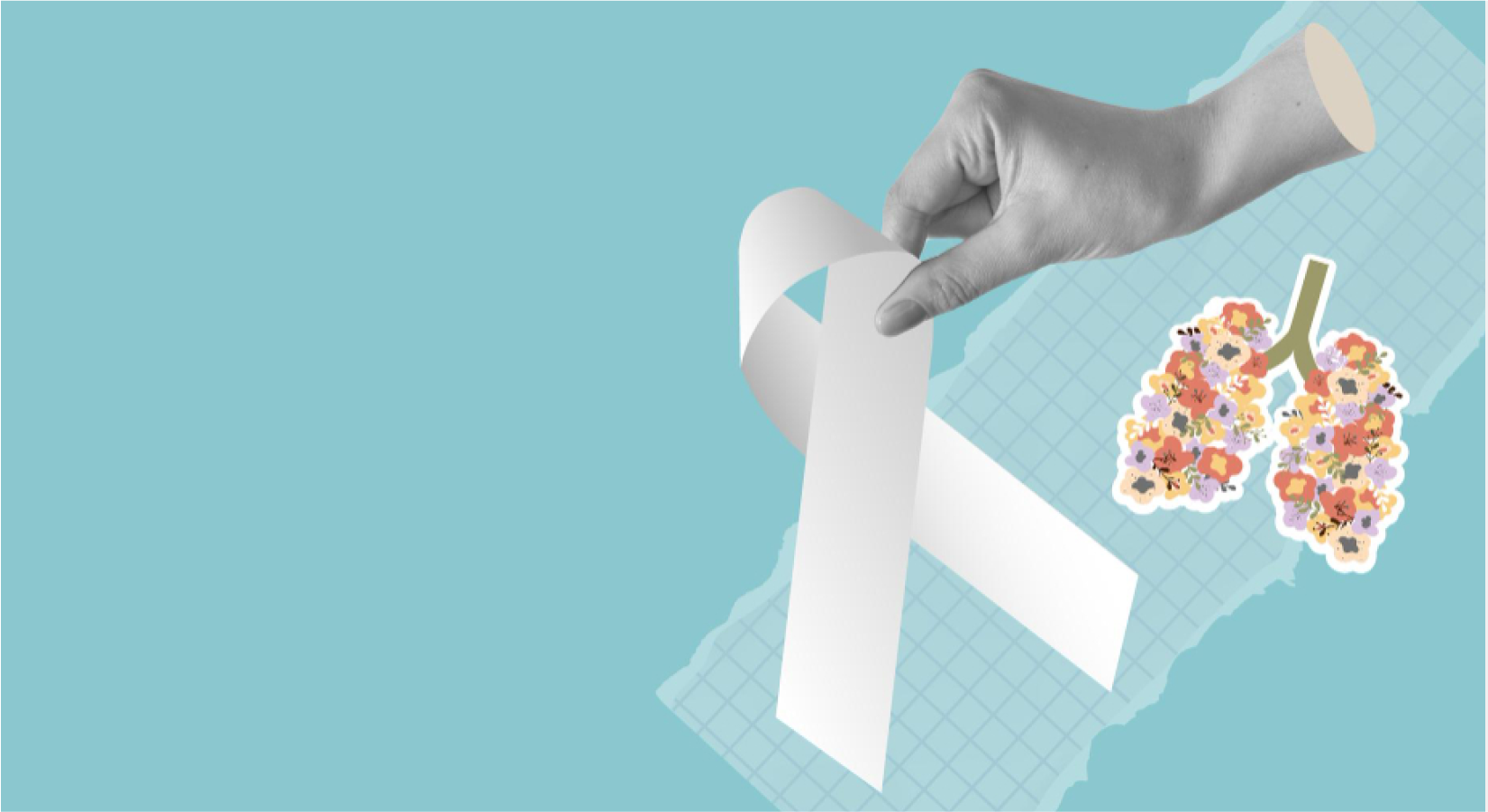by Meet Shah
6 minutes
Faster, Smarter, Kinder: The New Era of Cancer Treatment
CAR‑T and TCR‑T therapies are reshaping cancer treatment through faster, scalable, and more precise cell‑engineering platforms.

Cancer treatment has undergone a significant transformation. Historically, approaches were often aggressive and debilitating. Today, advancements allow us to harness the immune system for highly precise interventions, akin to a surgeon's scalpel rather than a blunt instrument.
While traditional treatments like chemotherapy and radiation have been life-saving, they frequently came with severe side effects. A new era of sophisticated therapies is now emerging, with cell therapy at the forefront of this revolution.
My career has largely focused on translating groundbreaking scientific discoveries into actionable treatments. Immune-cell engineering and advanced manufacturing are no longer distant concepts; they are actively reshaping how we manage cancer right now.
From Blunt Tools to Smart Weapons
CAR-T and TCR-T immunotherapies work by reprogramming a patient's own immune cells to specifically identify and eliminate cancer cells. These innovative therapies have led to significant, even transformative, remissions in blood cancers, particularly in cases where other treatments have failed.

Autologous CAR‑T: Powerful, but Too Slow
Autologous CAR-T cell therapy offers a personalized approach to cancer treatment, utilizing a patient's own cells. This involves a multi-week process of harvesting, engineering, expanding, and reinfusing these cells.
The efficacy of CAR-T therapy has been demonstrated through long-term remissions. Notable cases include a 2010 JAMA report on a patient with chronic lymphocytic leukemia (CLL) who achieved over a decade of disease control. Another 2013 case highlighted the expansion of CAR-T cells from a single infused cell, leading to years of remission. Additionally, a multiple myeloma patient remained lesion-free five years post-treatment despite previous treatment failures.
However, the prolonged timeline of this process can be critical, as even a few days can significantly impact treatment outcomes, especially for critically ill patients.
Allogeneic CAR‑T: Off the Shelf, On Demand
Allogeneic, or "off-the-shelf," CAR-T therapy utilizes healthy donor cells that have been universally edited for compatibility. This innovation allows manufacturers to maintain a stock of ready-made doses, thereby eliminating patient waiting times.
Early studies indicate significant improvements, including a two- to three-day turnaround, substantial cost reductions, and increased accessibility. For instance, in a preliminary solid-tumor trial, one patient achieved complete remission for over two years without developing graft-versus-host disease, a success attributed to precise gene editing.
These favorable outcomes are a testament to advancements in both biological understanding and procedural efficiency.
How the Field is Scaling Manufacturing
Case studies show how process engineering enables therapies to scale:
- At academic U.S. centers like Case Western and Stanford, researchers used automated systems like CliniMACS Prodigy to manufacture CAR‑T cells in as few as 13–14 days, supporting clinical-grade infusions in dozens of patients. Success rates reached 85–100%, depending on the site. International groups in Spain, China, and India report similar feasibility for decentralized models.
- A 2024 study optimized stirred-tank bioreactors for perfusion-based CAR‑T manufacturing—boosting cell yield nearly fivefold and paving the way for multi-liter scalable production in closed systems, complete with automated harvesting.
These aren’t marketing claims, but rather verified outcomes documented in peer-reviewed journals and industry case studies.
The Stakes of Time and Scale
Manufacturing delays or failures prevent 4–7% of patients from receiving CAR-T therapy, a process lag with potentially fatal consequences.
However, significant progress is being made to reduce vein-to-vein times for autologous treatments. Major drugmakers have already decreased this from 37 days to approximately 14 days, with a future target of one week. This acceleration is particularly vital for patients with aggressive cancers.
Furthermore, innovative startups are introducing automated platforms capable of producing tens of thousands of treatments annually, which promises to lower costs and increase patient access to these therapies.
What It Means for Patients
- Autologous CAR‑T offers durable responses—but for patients racing against aggressive disease, delays can leave them behind.
- Allogeneic CAR‑T holds the promise of fast access, standardized production, and broader impact—but only if the manufacturing system works reliably at scale.
- Advances in automation, closed systems, and perfusion-based bioreactors are making therapeutic manufacturing faster, cheaper, and safer.
Not a Solo Mission
None of this works without cross-functional collaboration—science, manufacturing, regulation, clinical care, and mentoring new talent. The next wave of innovators will build off these early case studies and scale up globally. That’s how this becomes standard, not experimental.

Looking Ahead
The intersection of immuno-oncology and off-the-shelf cell therapy has arrived. The primary hurdle now lies in execution: establishing the necessary platforms, regulatory frameworks, and infrastructure to transform these theoretical concepts into standard medical practice.
We possess the scientific understanding and are in the process of designing the methods. The imperative now is to deliver with speed, accuracy, and a focus on human impact.
This represents more than an improved approach to cancer treatment; it signifies a fundamental shift in the paradigm of care.
References
1. https://pmc.ncbi.nlm.nih.gov/articles/PMC10845664
2. https://www.mmm-online.com/home/channel/7-day-supply/car-t-makers-quest-to-scale-d rugs-production
3. https://www.frontiersin.org/journals/transplantation/articles/10.3389/frtra.2023.1238535
4. https://www.sciencedirect.com/science/article/abs/pii/S1465324924004808
5. https://pmc.ncbi.nlm.nih.gov/articles/PMC10791545
6. https://www.reuters.com/business/healthcare-pharmaceuticals/pharma-aims-deliver-pers onalized-cancer-therapies-more-quickly-2024-07-24
7. https://www.ft.com/content/626007c4-9127-4682-9dab-154b32434029




